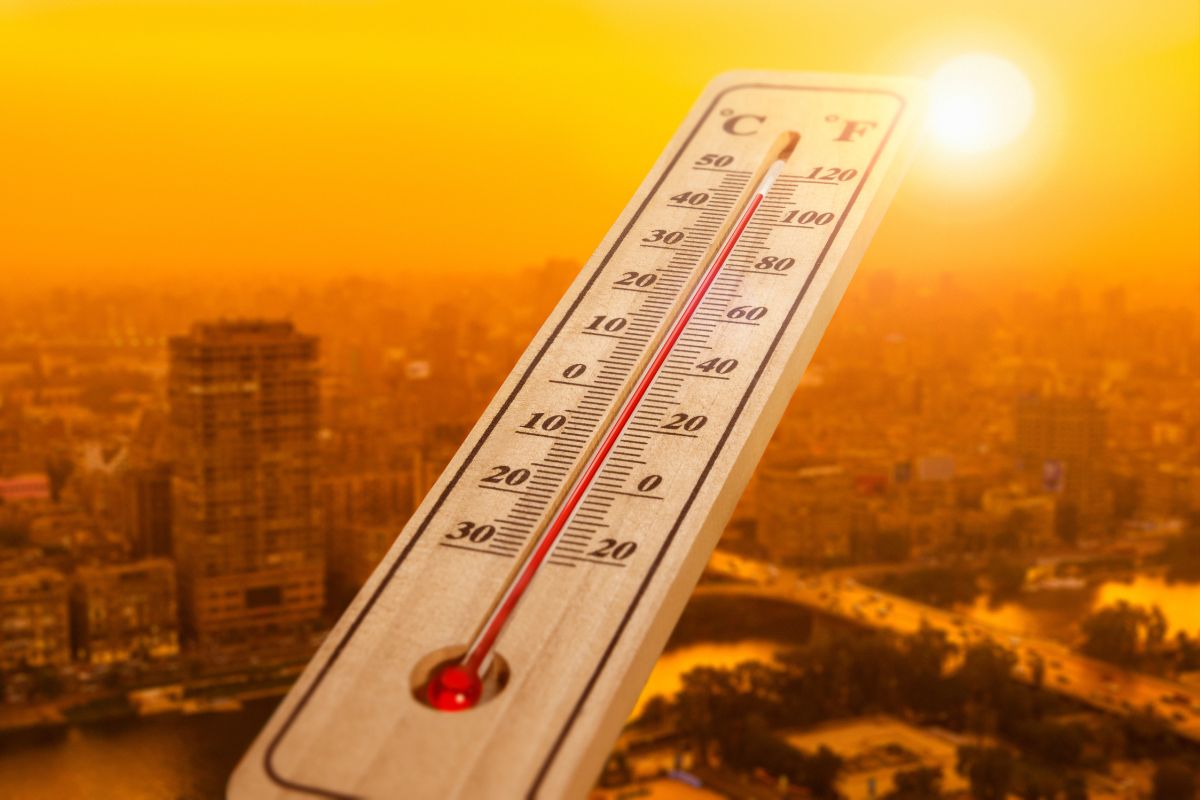Putin plays with f ire in his new doctrine
Of late Vladimir Putin has shifted Russia’s nuclear doctrine to a more directly and openly retaliatory posture in response to any attack by Ukraine or any NATO country using longer-range US missiles.
In a word, the prevalent heatwave could impede China’s GDP growth. Most areas of the Yangtze River basin have seen extremely high temperatures since July.

Image source (iStock)
The stunning news that the searing and recordbreaking heatwave in China has compelled Apple and Toyota to suspend production to save power is direly symptomatic of devastating weather conditions that could impact economies. The fear that it could last for the next “two to three months easily” is frightfully real primarily because it is quite dire. Conditions have become still more insufferable as the nation currently battles a power outage in the periphery of the Yangtze River. Nay more, extreme temperatures have disrupted the growth of crops and threatened livestock. It will affect those big energy-intensive industries and will have an effect throughout the economy and even impact the global supply chain. There has already been a slowdown in production in the steel industry, and in the chemical and fertilizer industry. In the net, the devastating economic impact has dislocated such sectors as construction, agriculture and manufacturing.
In a word, the prevalent heatwave could impede China’s GDP growth. Most areas of the Yangtze River basin have seen extremely high temperatures since July. Rainfall in the area fell by about 45 per cent compared to the average over recent years, based on data from the Ministry of Water Resources. That report was also cited by Liu Weiping, vice-minister of water resources, who said on Wednesday that reservoirs have replenished 5.3 billion cubic meters of water in the middle and lower parts of the Yangtze River since August. The latest heatwave and power outages are reminiscent of the major blackout last year, one that enveloped many of China’s key manufacturing hubs such as Guangdong, Zhejiang and Jiangsu. Unprecedented heatwaves this summer have prompted several Chinese provinces, notably Zhejiang, Jiangsu and Anhui to ration the consumption of electricity amidst the surging demand for power to keep fans and air-conditioners operating.
With temperatures soaring to 40 degrees Celsius, there is considerable pressure on an economy that is already struggling under President Xi Jinping’s zeroCovid policy. Additionally, the supply chain is under strain on account of the Ukraine war and military tensions around Taiwan. The demand for power has risen annually, but this summer large areas are experiencing sustained heatwaves. Consequently, the peak load has risen much too rapidly. It is a measure of the intensity of the heat that poultry farmers in the eastern city of Hefei have installed air-conditioners as hens, stressed by the hot weather, have stopped laying eggs. Small wonder that egg prices have risen by up to 30 per cent. In Shanghai, the nation’s financial hub, the temperature was above 40 degrees Celsius for at least six days ~ the most sustained heatwave in 150 years. Much of China’s power generation is still coal-fired, contributing to the country emitting 27 per cent of the world’s greenhouse gases. The nation bears witness to a crippling cocktail of climatic aberration and industrial stagnation.
Advertisement
Advertisement